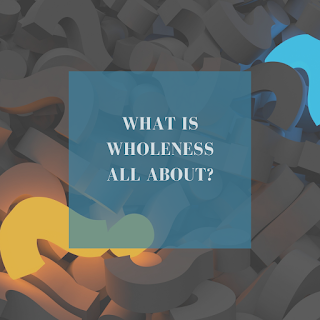Our human make up is
comprised of interconnected systems and elements that are not limited to just
our physical body. Our creator in His infinite wisdom has designed us as three-part
beings; spirit, soul, and body. We were calculated to function most effectively
when we are balance, but one defect or imbalance will throw us into a state of
shock. That’s what happens when our life is affected by grief.
The Effects of Grief in the Mind and Body
Feelings of sadness and emotional breakdown takes a toll on our entire being. Our mental state will go through a myriad of issues because of the thought of living life without your loved one. Depending upon the circumstances surrounding the death we may be faced with feelings of sadness, depression, anger or guilt, and possibly fear. We may question whether we could have done more to prevent the loss. We are sometimes plagued with ruminating thoughts that may keep us up at night or give way to anxiety. Some may go through grief for an extended period of time. This is called complicated grief. This is a chronic reaction to grief that may bring thoughts of suicide. In this case it is imperative to seek counseling to process your feelings in a healthy and effective way.
Why Does This Hurt So Much?
Going through this period of processing our emotions, our bodies are struggling to maintain balance as well. As a result, stress hormones are released by the body as a response to this imbalance. Some examples of these stress related issues are:
Extreme Tiredness and Chronic Fatigue
Headaches
Digestive Issues
General Body Aches and Pains
Possible High Blood Pressure and Heart Issues
These symptoms can last for days or months, and sometimes people may go through these issues for years depending on their ability to cope. Therefore, we need to give ourselves permission, time, and space to grieve and mourn over loss. In my next post, How to Cope With Grief, One Day at a Time I will give you tools and ways to cope with your loss, that will bring about healing and the ability to move forward.












